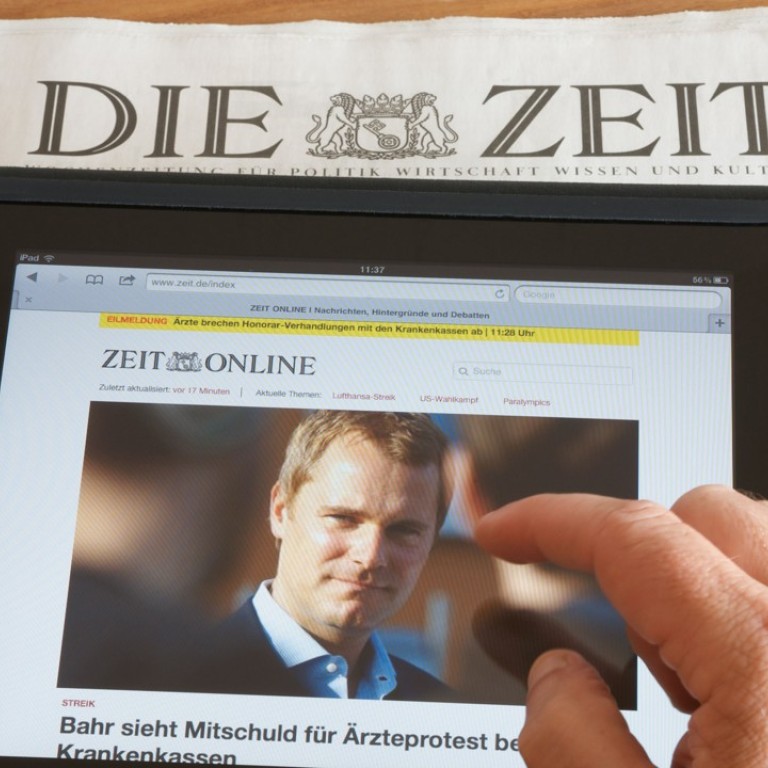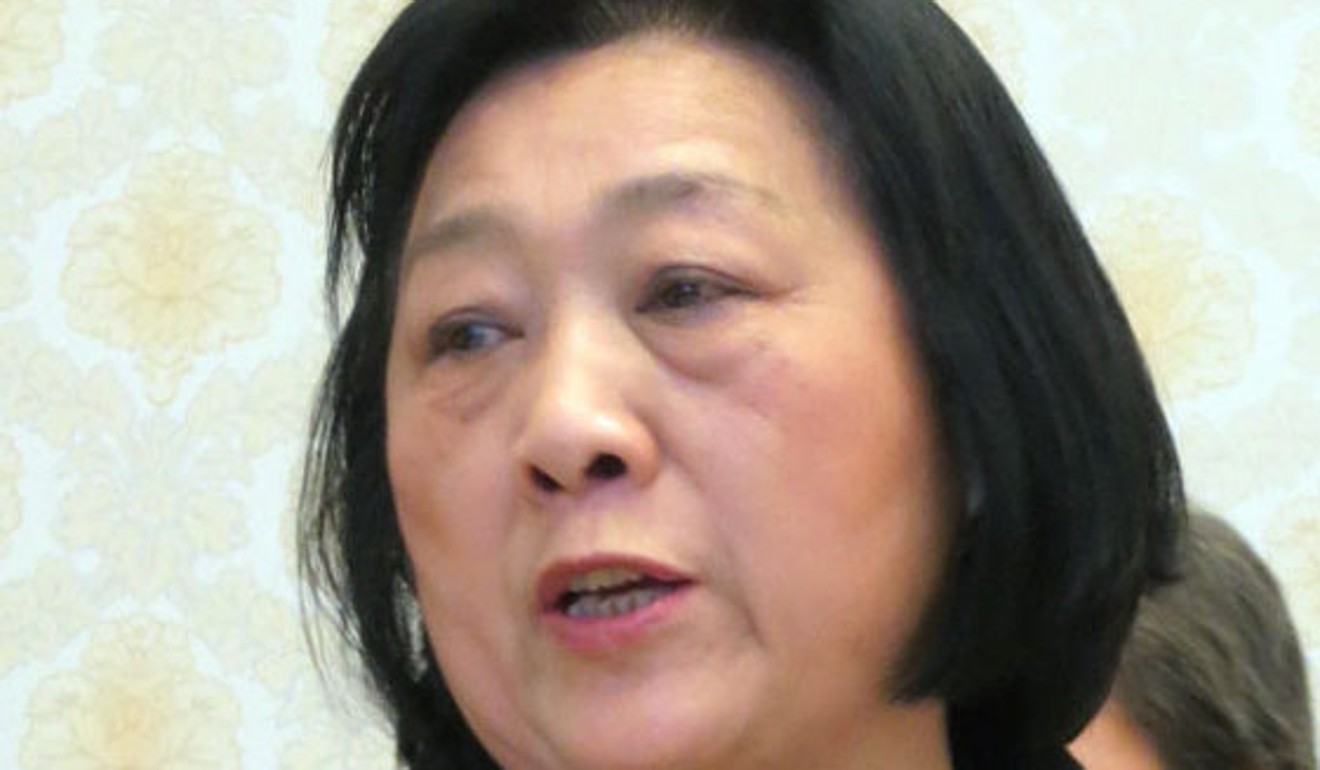
China’s curbs on foreign press should be eased, says German Foreign Ministry State Secretary Andreas Michaelis
Request for German public broadcaster to be allowed to open office in Beijing and for foreign journalists in China to be able to work freely
A senior German official has expressed concern about limits on foreign correspondents in China, and urged Beijing to allow state-funded German public broadcaster Deutsche Welle to open an office in the Chinese capital.
Foreign Ministry State Secretary Andreas Michaelis emphasised the importance of freedom of speech and freedom of the press as central rights in the German constitution at Monday’s opening of a one-day German-Chinese journalist dialogue in Berlin.
“We are concerned when we hear reports about obstruction of the work of foreign journalists in China,” Michaelis told two dozen Chinese and Western media representatives, and Guo Weimin, vice-minister of China’s Information Office of the State Council.
Michaelis noted that Deutsche Welle had tried unsuccessfully for some time to open an office in Beijing.
“We believe that, as strategic partners, we should use the opportunity to get to know one another better, and to understand each other’s perspectives,” he said.
“In Germany, we can receive China Global Television Network in every hotel, in every household. Why should this not be possible in China for Deutsche Welle?”

Michaelis said he welcomed news that German weekly newspaper Die Zeit would soon be reopening an office in China, and said he hoped that other media would be able to do so.
The newspaper has not had a correspondent in China for three years.
“We may not always have the same opinion, but less dialogue is not the right way to overcome our differences,” the German diplomat said.
Peter Limbourg, director general of Deutsche Welle, said the organisation had tried for years to open an office in China, and that the Chinese government had blocked its content from being seen in the country.
“This exclusion of free expression should not only be seen as an unfriendly act, but is also a sign of the Chinese government’s mistrust of its own people,” he said.
Deutsche Welle opened an office in Taipei on the self-ruled island of Taiwan three months ago to cover the region better, a spokesman for the broadcaster said.
Veteran Chinese journalist Gao Yu, who had worked for Deutsche Welle as a columnist, remains under strict house arrest in China and is barred from publishing after being convicted of leaking state secrets in April 2015.
In 2016, several Deutsche Welle journalists were granted entry to China before a summit of the Group of 20 industrialised nations in Hangzhou, but were then refused the necessary accreditions for the event.
Guo, who spoke at the dialogue after Michaelis, did not address Michaelis’ comments on Deutsche Welle, but said media organisations had an important role to play in promoting understanding, combating trade protectionism, and helping to expand economic ties.
“In a world in which we cooperate more and more, the media are a bridge that ... connects us,” he said, citing several cooperation agreements between German and Chinese media groups.
In October, Chinese President Xi Jinping told foreign journalists to roam the country and report more, even as five global news organisations found themselves without invitations to cover a speech in which Xi introduced his new leadership line-up following the five-yearly Communist Party Congress.

